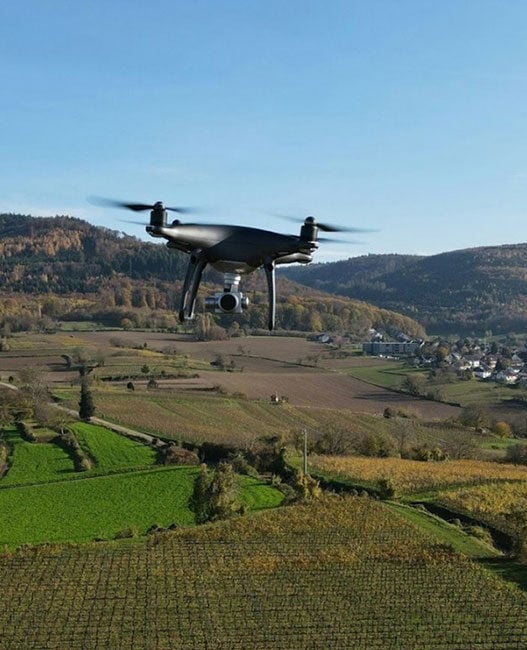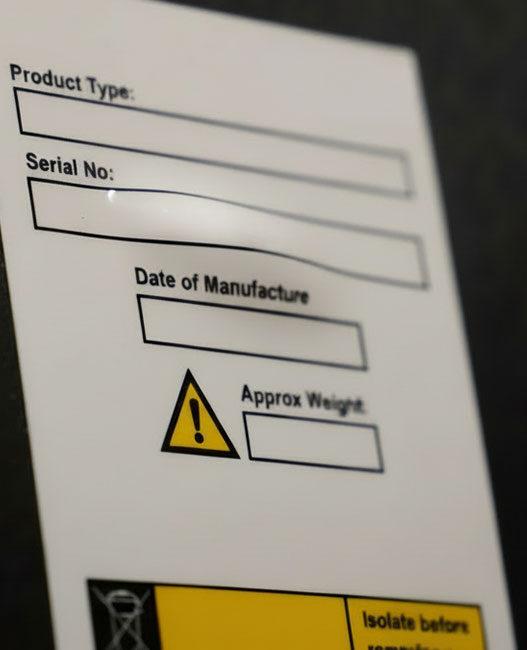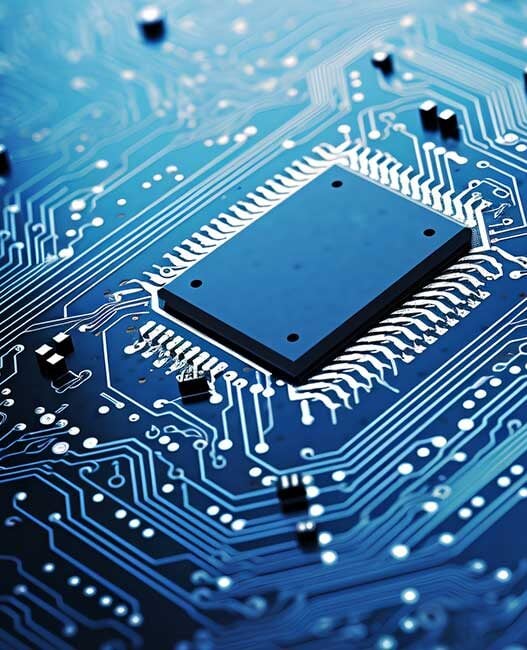“I believe that society needs to confront this question before it is upon us: If machines are capable of doing almost any work humans can do, what will humans do?” he asked at a panel discussion on artificial intelligence at the annual meeting of the American Association for the Advancement of Science.
Vardi said there will always be some need for human work in the future, but robot replacements could drastically change the landscape, with no profession safe, and men and women equally affected. “Can the global economy adapt to greater than 50 percent unemployment?” he asked.
Automation and robotisation have already revolutionised the industrial sector over the last 40 years, raising productivity but cutting down on employment. Today there are more than 200,000 industrial robots in the country and their number continues to rise. Today, research is focused on the reasoning abilities of machines, and progress in this realm over the past 20 years has been spectacular, said Vardi.
By his calculation, 10 percent of jobs related to driving in the United States could disappear due to the rise of driverless cars in the coming 25 years. According to Bart Selman, professor of computer science at Cornell University, “in the next two or three years, semi-autonomous or autonomous systems will march into our society.” He listed self-driving cars and trucks, autonomous drones for surveillance and fully automatic trading systems, along with house robots and other kinds of “intelligence assistance” which make decisions on behalf of humans.
Will the machines remain understandable for the humans? Will humans will be able to control them? Will they remain a benefit for humans, or pose harms? These questions and more are being raised anew due to recent advances in robotic technology that allow machines to see and hear, almost like people.
What is concerning about these new technologies is their ability to analyse data and execute complex tasks. This raises concerns about whether humans might one day lose control of the artificial intelligence they once built, said Selman. It’s a concern that some of the world’s great minds have raised too, including British astrophysicist Stephen Hawking, who warned in a BBC interview in 2014 that the consequences could be dire. “Humans, who are limited by slow biological evolution, couldn’t compete, and would be superseded,” Selman added. “The development of full artificial intelligence could spell the end of the human race.”















